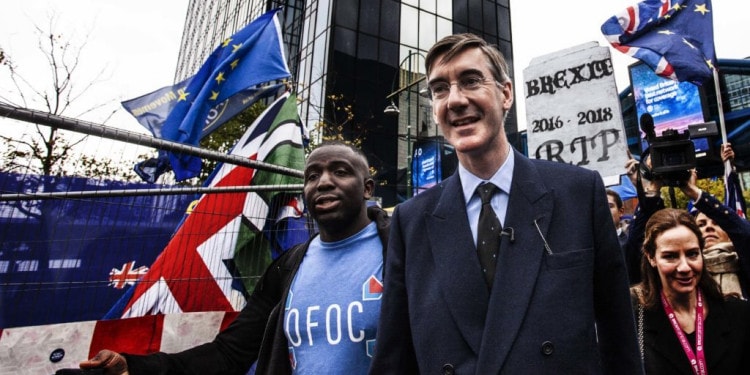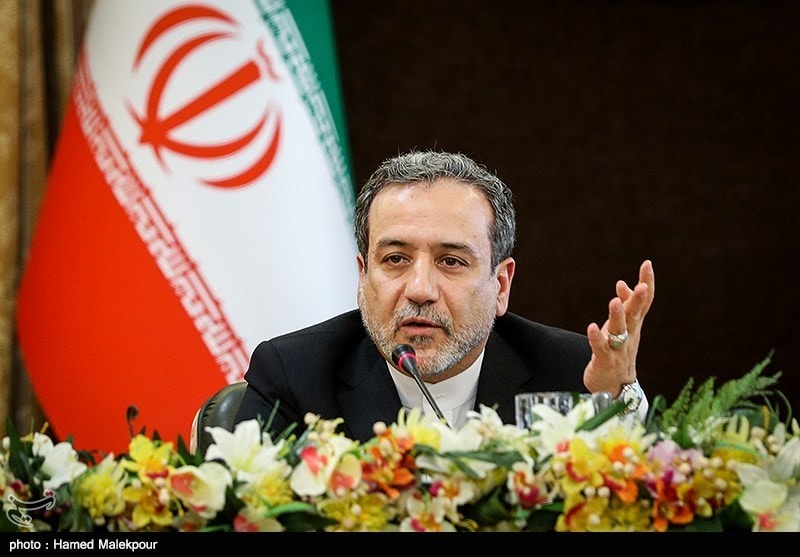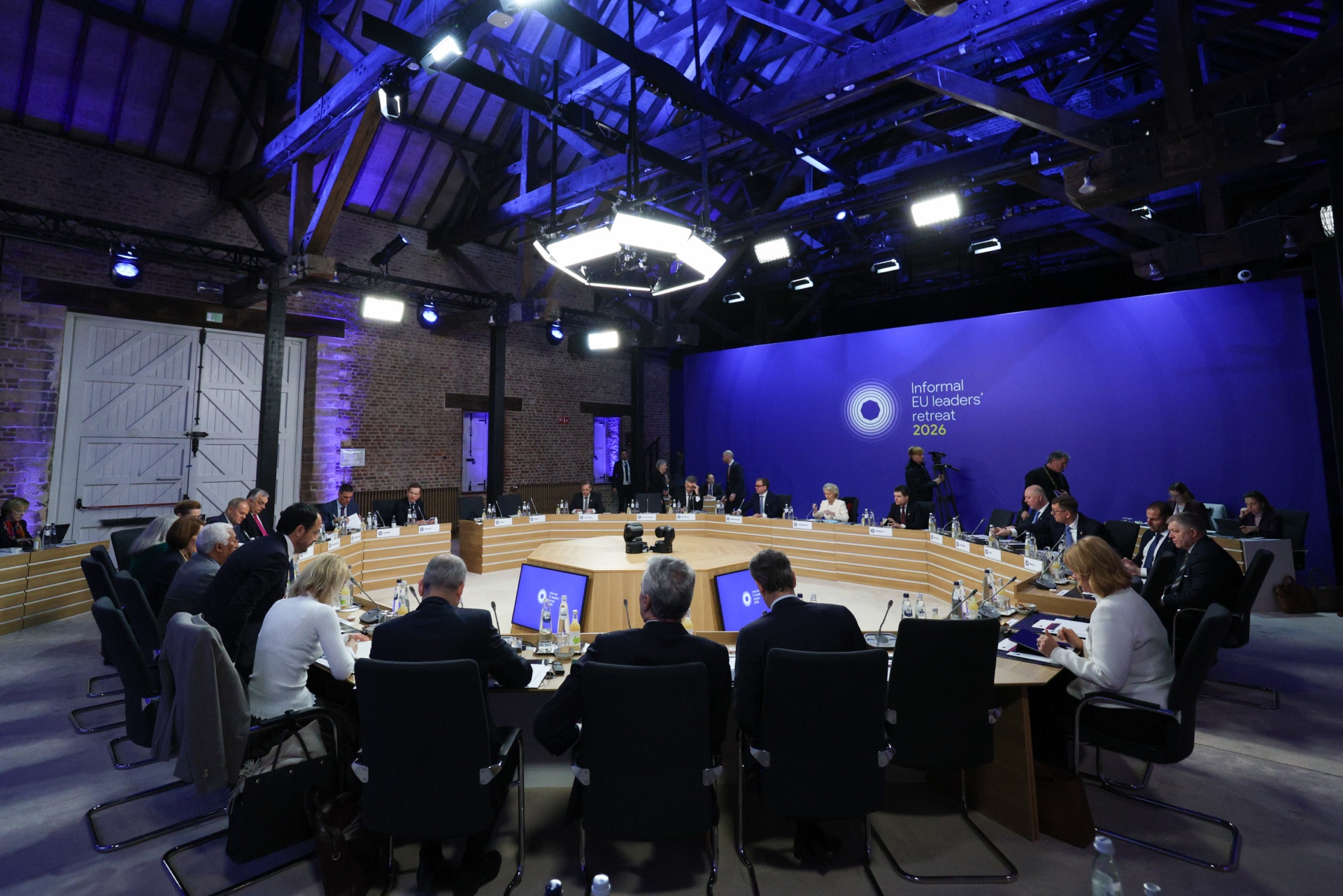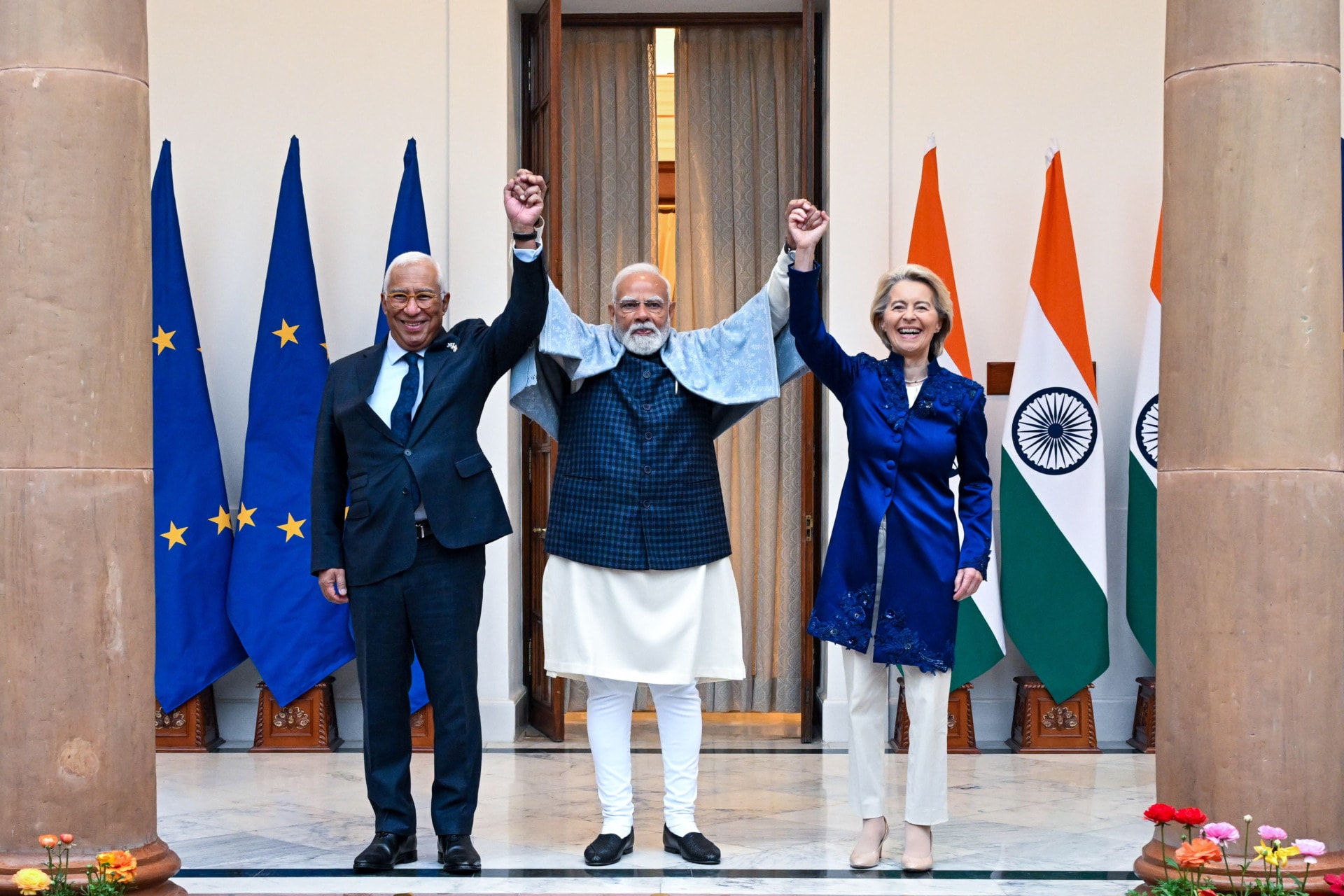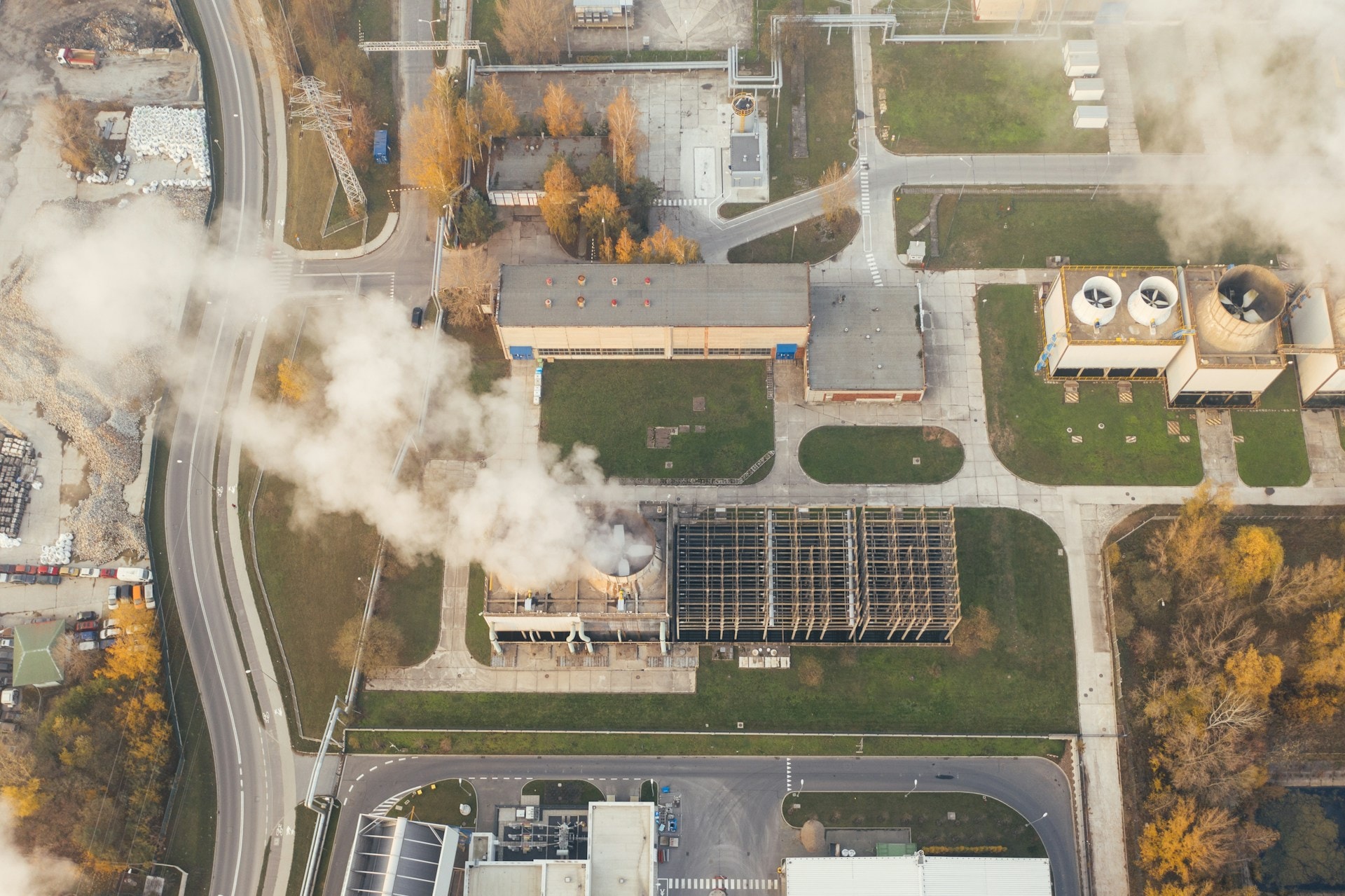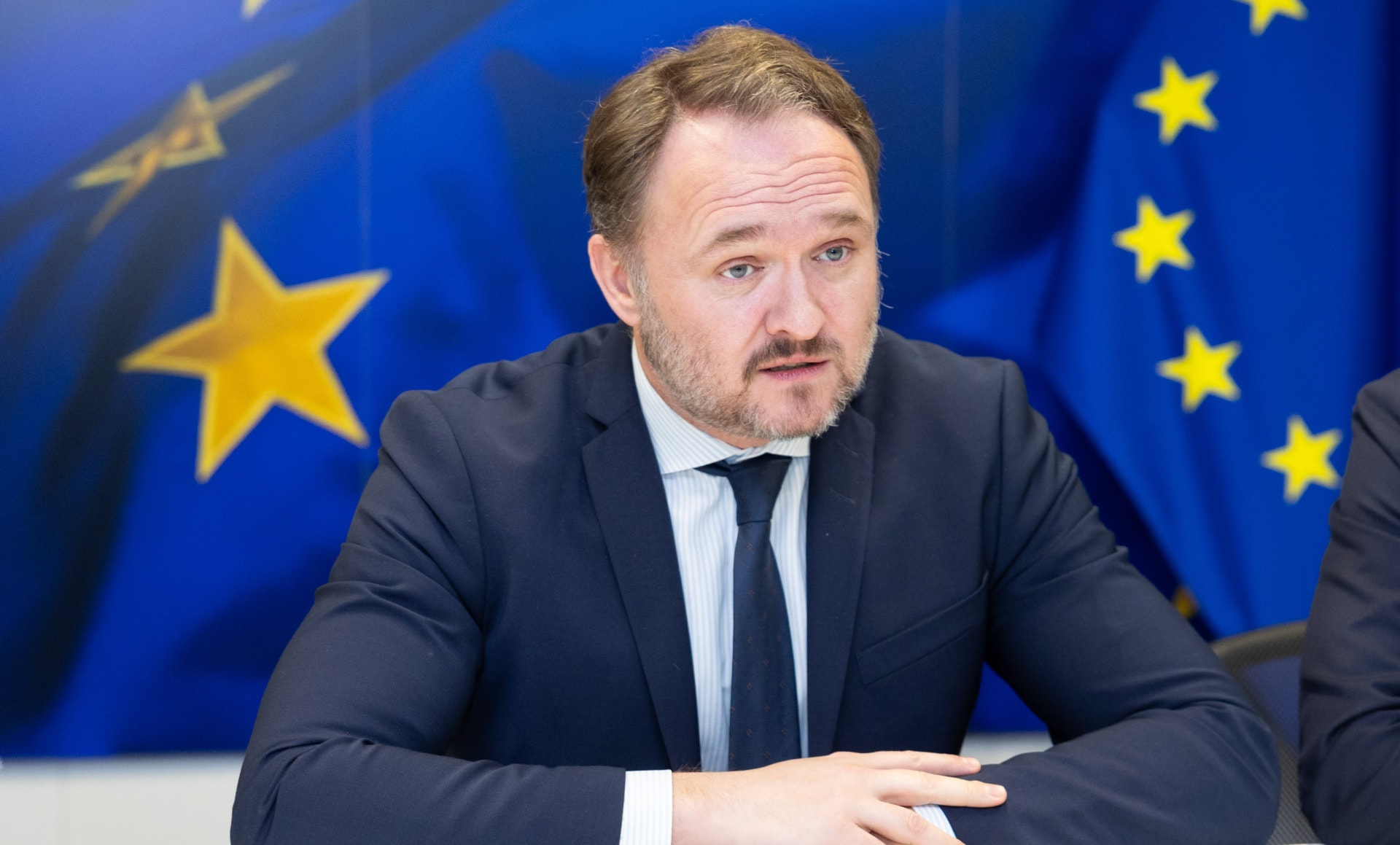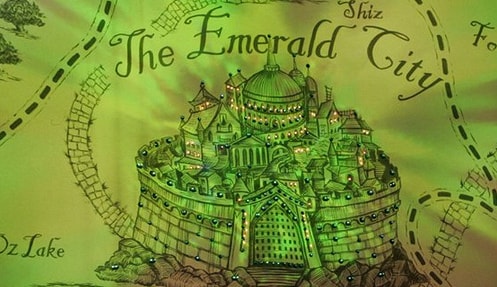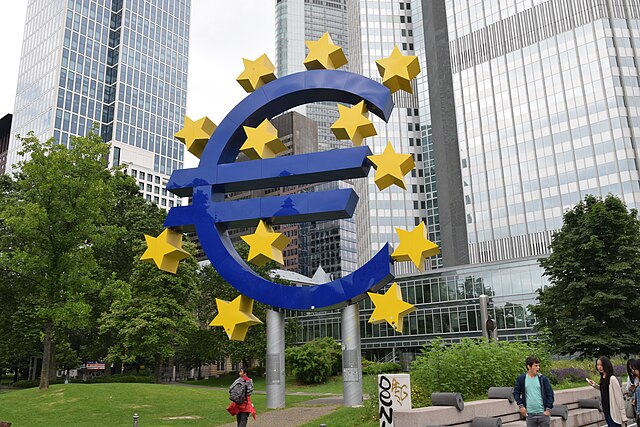We must always respect the will of the people – a people which debates, deliberates, and changes its mind.
I voted to Leave the European Union. I was proud of that decision at the time, and I own that decision today. I am not a fundamentally different person now than I was two years ago, at age 18, because I still believe in the values I sought to express with my vote. Values like patriotism, empowering British lawmakers to act in the national interest, and economic growth which could have sponsored badly needed investment in infrastructure and the NHS. I was confident in my choice, based on information I believed firmly to be reliable. And I was wrong.
Like millions of people with buyers’ regret, I had a difficult process of coming to terms with the consequences of Brexit. It took me nine months to come to a new view about Europe; nine difficult months, and only at the end of that agonized reflection did I arrive at a firm new view. My own ideas had changed, and the will of the British people has evolved in a similarly haphazard but clear trend. And like me, the British people no longer believe in the fantasy Brexit they were sold by the Leave campaign.
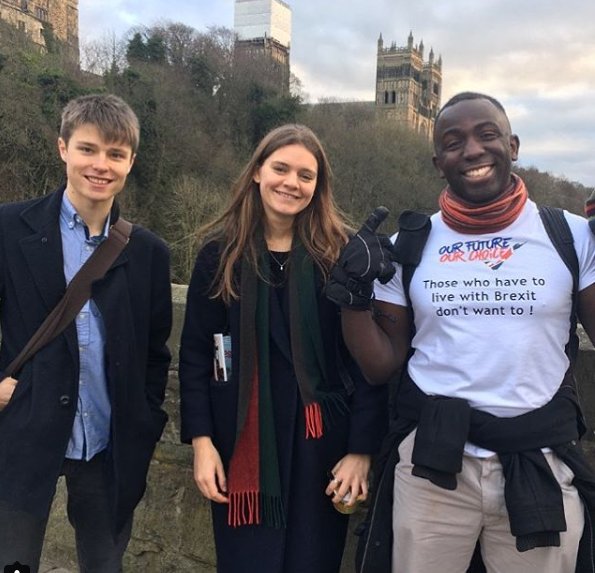
IN THE PHOTO: Will Dry and other members of Our Future Our Choice.
PHOTO CREDIT: Our Future Our Choice
We must uphold and accept majority votes. Those, like myself, calling for a People’s Vote are often told that we fail to do so. This is categorically wrong: it is not despite democracy that we desire a vote on the deal, but because of it. We support the will of the people not as it was but as it is.
That’s why I co-founded Our Future, Our Choice (OFOC), the largest youth campaign for a People’s Vote. From a few kids in a London living room in December, we have metamorphosed into a national grassroots campaign that represents the strong desire of young British people to retain a close connection with Europe. We fight on social media, traditional media, in conference chambers and coffee shops to mobilise a national movement to pressure MPs to listen to the views of their young constituents.
OFOC is about revitalising public debate in Westminster; it’s about making politicians aware that young people play a role in constituting the living will of the people.
The will of the people changes. In 2015, the Tories won a majority. In 2017, they lost it. What people want in 2016 might be different to what they desire in 2018, or 2019, or 2050. On Brexit, a recent YouGov poll showed that 17% of Leave voters would no longer vote Leave. Another comprehensive study identified 2.6 million people who voted for Brexit in 2016 but no longer supported it.
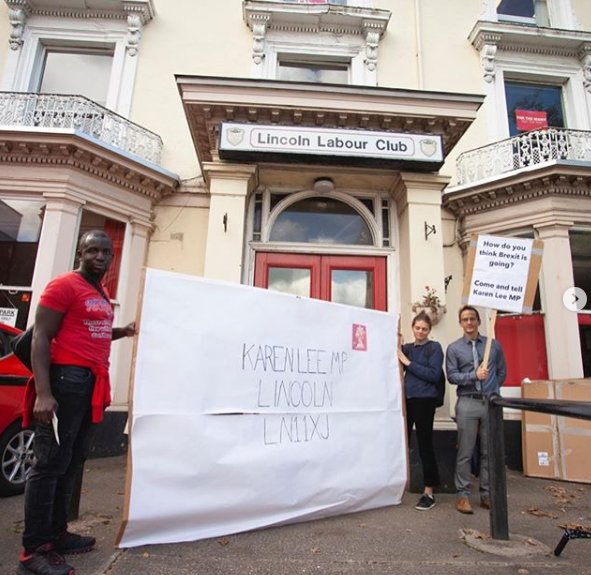
IN THE PHOTO: Members of Our Future Our Choice protesing.
PHOTO CREDIT: Our Future Our Choice
Theresa May’s deal, and worse yet the spectre of No Deal, are a pale and fearful shadow of the Brexit that we were promised. Sunlit uplands have faded into dim and desperate shade. The £350m for the NHS has turned into a £50bn divorce bill. A record number of European nurses and doctors have left the country. Leavers motivated by fundamentally patriotic desires, like me, have seen our hope to ‘take back control’ humiliated by the Brexit deal’s concession that we indefinitely copy past, present, and future European law.
May’s deal does not command majority support from Leavers. Even larger fractions of Remainers oppose Chequers. As Justine Greening put it, it’s about as popular as the poll tax. And just like the poll tax, young British people see in the Chequers deal a nostalgia for the worst aspects of days gone by.
We know that Brexit as a proposition is not what we were sold, and a great many of us have changed our minds. Moreover, the electorate has undergone a fundamental shift. Since the referendum, 1.5 million young people have joined the voting ranks. A roughly similar number of former eligible voters have passed on. Their votes still matter as much as when they were cast, but a consultation on the final deal would take into account the changed views of the electorate as now constituted. The will of the people in the light of a new day, with all the information.
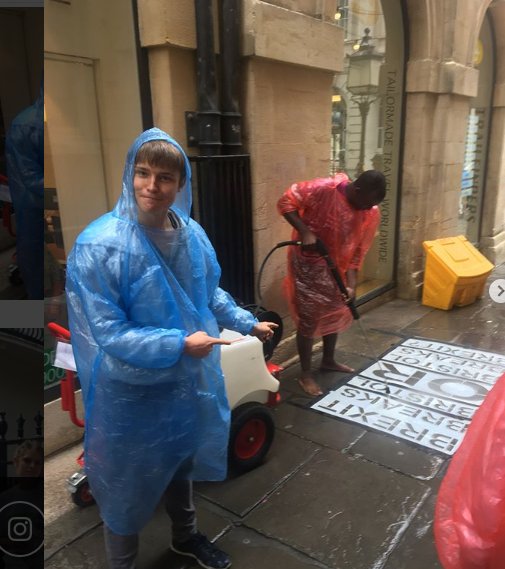
IN THE PHOTO: Will Dry on a Street with an Anti-Brexit Sign.
PHOTO CREDIT: Our Future Our Choice
My generation have only grown firmer in our conviction that Brexit does not represent our dreams for the future of our country. In 2016, 70% of young people aged between 18 and 24 voted for Remain. That figure is now 78%. Among those who never got a vote in 2016 but have since gained the franchise, an eye-watering 84% want to stay in the EU.
Young people have a staunch opposition to Brexit rooted in progressive beliefs that outpace and set the bar for their peers. The strength and principled nature of pro-European sentiment today is broadly similar to the opposition to racism of young people in the 70s, or the trendsetting progressivism of the tolerance and support of young people in the 80s and 90s for LGBT communities. This is the mindset that has made OFOC such a powerful voice for the young across Britain and its home nations.
Regardless of Brexit’s damage, my generation is committed to an open, tolerant vision of a Britain which is keen to productively cooperate and engage with the rest of the world.
A further million European citizens have, in the wake of Brexit, taken British citizenship and gained the vote. No credit for guessing how they might vote. It’s similarly noteworthy that George Osborne, the great Parliamentary counter, tweeted a few months ago that there was likely a majority for votes at 16. With every passing day the ‘will of the people’ as presently constituted bears less and less resemblance to the referendum result.
The Leave majority in 2016 was just 1.3 million. 2.6 million Leavers have changed their mind, with far fewer Remain voters heading the other way. Those who have left the electorate tended to support Leave, and those who didn’t vote last time, but this time say they would vote, tend to back Remain. Young people who will live with the consequences of Brexit have entered the electorate in great numbers.
Adding this up, a dark democratic cloud emerges to crowd out the feverish Brexiteer haze. That same career pro-Brexit elite, whose spokespeople confidently state that the only poll that matters was two years ago, were generally the same people who confidently predicted a massive Tory majority last year. The truth is that just as they have no magic money tree they have no magical crystal ball granting them a permanent claim on what we, the electorate, think and feel.
This ongoing Brexit crisis is a matter of prime national importance. As the democratic majority has been thrown into question by new information since the 2016 vote, there is clear justification for a People’s Vote to ascertain what the people make of whatever Brexit deal, or lack thereof, the government negotiates.
This might embarrass the Prime Minister, who, if she was true to her values, would campaign against her own deal. But democracy is not at the beck and call of the Prime Minister. Democracy’s elected defenders reside in Parliament – and our MPs must be courageous for my and future generation’s sake.


